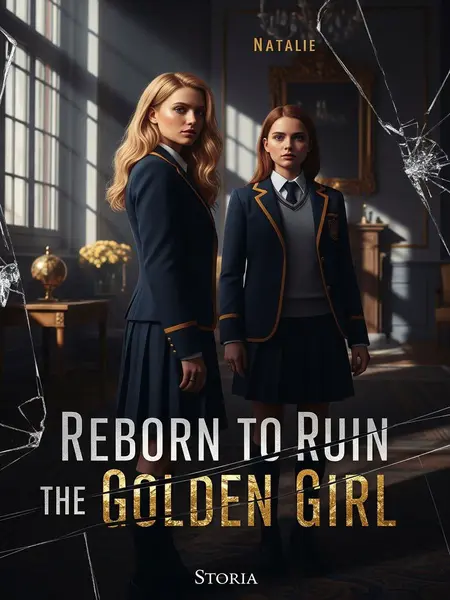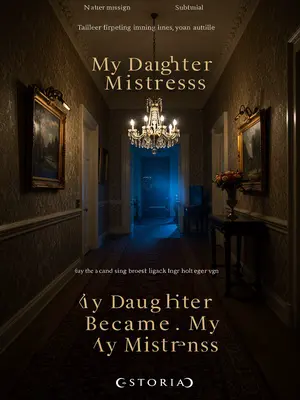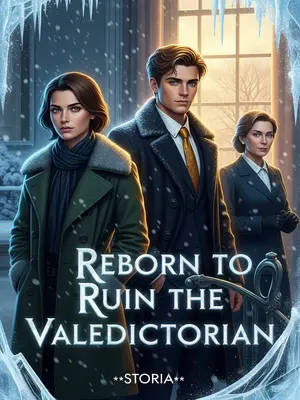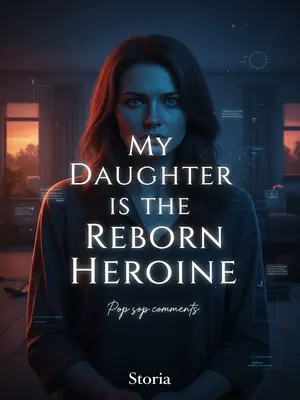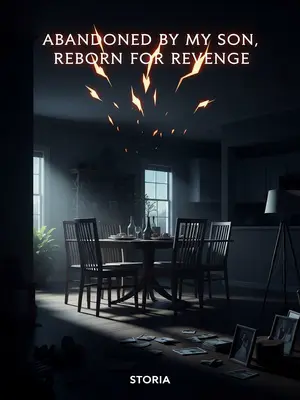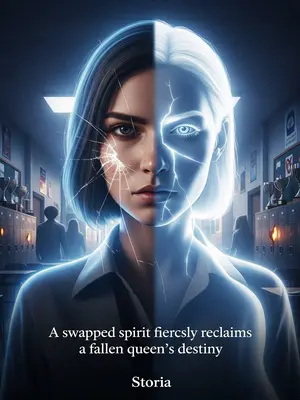Chapter 1: The Setup
Most days after the final bell, the halls emptied fast. But today, Natalie—queen of the school—caught my eye and beckoned me down a side hallway, her smile promising secrets. The overhead lights buzzed with that tired, yellowish glow. My sneakers squeaked on the linoleum, and the air smelled faintly of old pizza from the cafeteria. I didn’t think much of it when she gestured for me to follow, but I remember feeling oddly exposed, like even the trophies in the glass case outside were watching us.
I thought she wanted to talk to me. But as soon as I stepped inside, she spun on me, voice sharp enough to cut glass: "Stay away from me! Why are you following me?" Her words ricocheted off the walls, loud enough to make my ears ring. My mind went blank. I opened my mouth, but nothing came out. Every memory of our past conversations vanished—replaced by a single, panicked thought: No one will believe me.
Her jock boyfriend rushed in and knocked out my teeth.
It all happened in a blur—one second I was trying to explain, the next, pain radiated from my jaw, the metallic taste of blood filling my mouth. I watched my front tooth skitter across the floor like some horror-movie prop. He loomed over me, the green of his football jersey smeared with grass stains. I tried to speak, but his fist crashed into my jaw before I could say a word.
The assistant principal kept bringing up the incident at assemblies, humiliating me in front of everyone.
Every week, in that stuffy gym, he’d get up on the creaky stage and use me as a cautionary tale. He'd pause, scan the bleachers, and say, "We must protect our students from harmful influences." My name always hung in the air like a bad smell. I’d sit there in the bleachers, cheeks burning, classmates stealing glances and whispering. My reputation became a school-wide joke, my name synonymous with trouble.
He even said that, for the sake of the school's reputation, they'd convinced the popular girl not to call the cops, and that I should be grateful for how the school handled it—and for the popular girl's forgiveness.
It was all about optics. I could hear the tightness in his voice, the way he looked down his nose at me, like I owed the school a debt for not being dragged out in cuffs. He said ‘forgiveness’ like it was some kind of benevolent gift. But I could see Natalie—smiling that victorious, sickly-sweet smile—sitting with her friends in the front row.
I was radioactive—nobody wanted to sit with me, not even the kids who usually kept to themselves.
Hallways parted around me. Kids snickered behind their hands, the braver ones muttering slurs under their breath. Once, someone stuck a wad of gum in my hair on the bus. Teachers stopped calling on me. Even the lunch ladies barely made eye contact when they slid my tray across the counter. It was like I’d contracted something contagious.
Before long, my mental state collapsed—I couldn't even take the SATs and ended up dropping out on my own.
The college brochures piled up on my desk, gathering dust. My mom’s voice, muffled by the bedroom door, sounded tired and defeated. Nights blurred into each other—just the blue glow of my phone, the muffled sounds of my parents fighting about me behind closed doors. I couldn’t even bring myself to show up for the SATs; the thought of sitting in a room with my classmates, pretending nothing was wrong, was too much. I signed the withdrawal forms at the front office. They didn’t even bother to ask why.
A few years later, I heard devastating news:
My phone buzzed. I scrolled through the photos—Natalie in white lace, Tyler flashing that same smug grin. My fingers shook so badly I almost dropped the phone. The local paper ran a feature on the Morgan family’s new business, complete with smiling portraits. My old wounds throbbed all over again.
The jock inherited millions, the popular girl became a wealthy socialite, and the assistant principal retired with honors.
Their lives read like a string of American success clichés: Tyler in a sharp suit, shaking hands with state senators; Natalie gracing some charity gala, champagne in hand; the assistant principal, now ‘Dr. Harlan,’ framed in the town paper, a model citizen. The world didn’t just forgive them—it rewarded them.
I died full of bitter resentment, coughing up blood.
I wanted to call my mom, to say I was sorry, but the words stuck in my throat. The nurse’s shoes squeaked on the linoleum, fading as my vision went dark. The hospital smelled like disinfectant and old fries. My final memories: cold sweat, nurses’ voices fading, bitterness choking me more than the blood. I thought, This can’t be how it ends. Not for me. Not like this.
